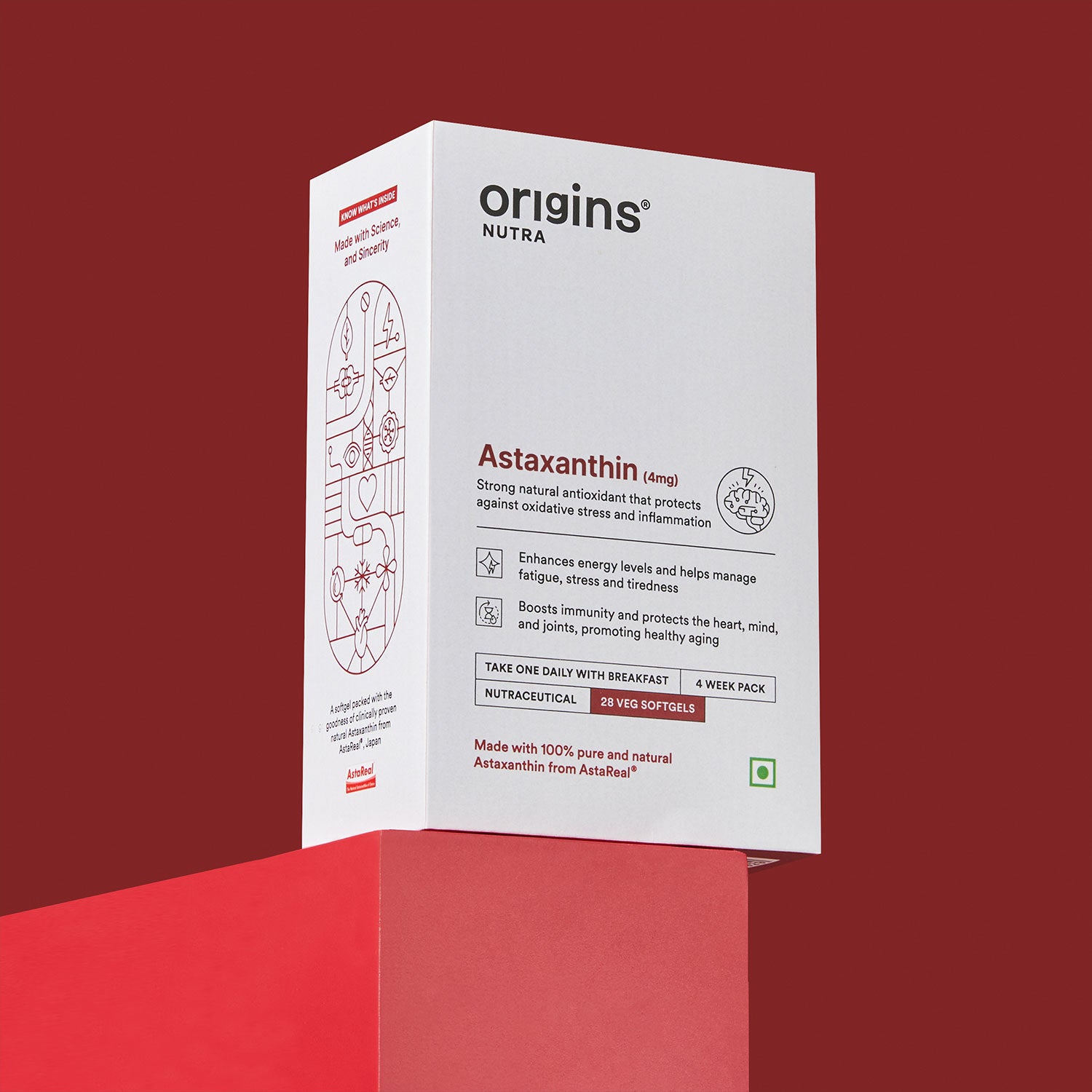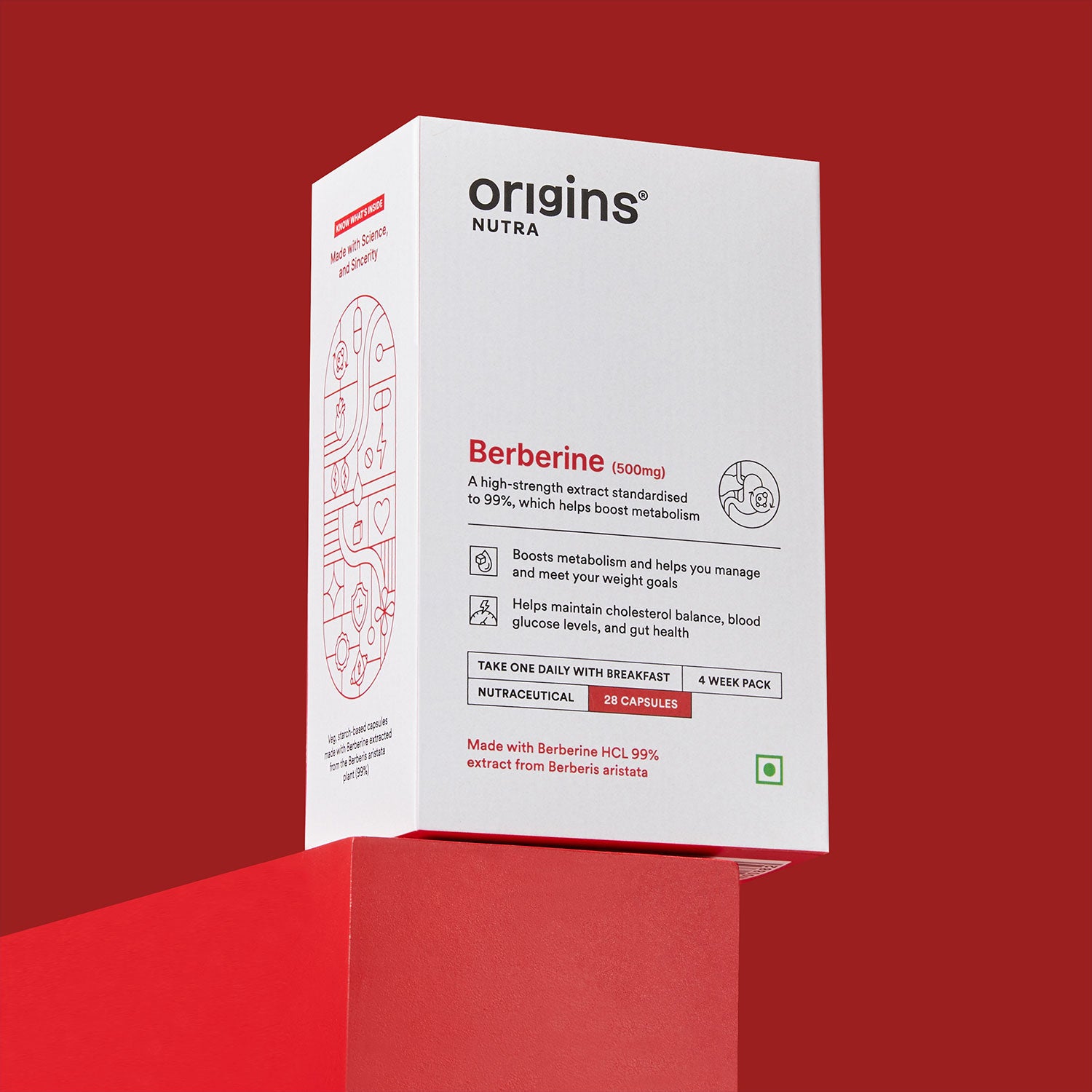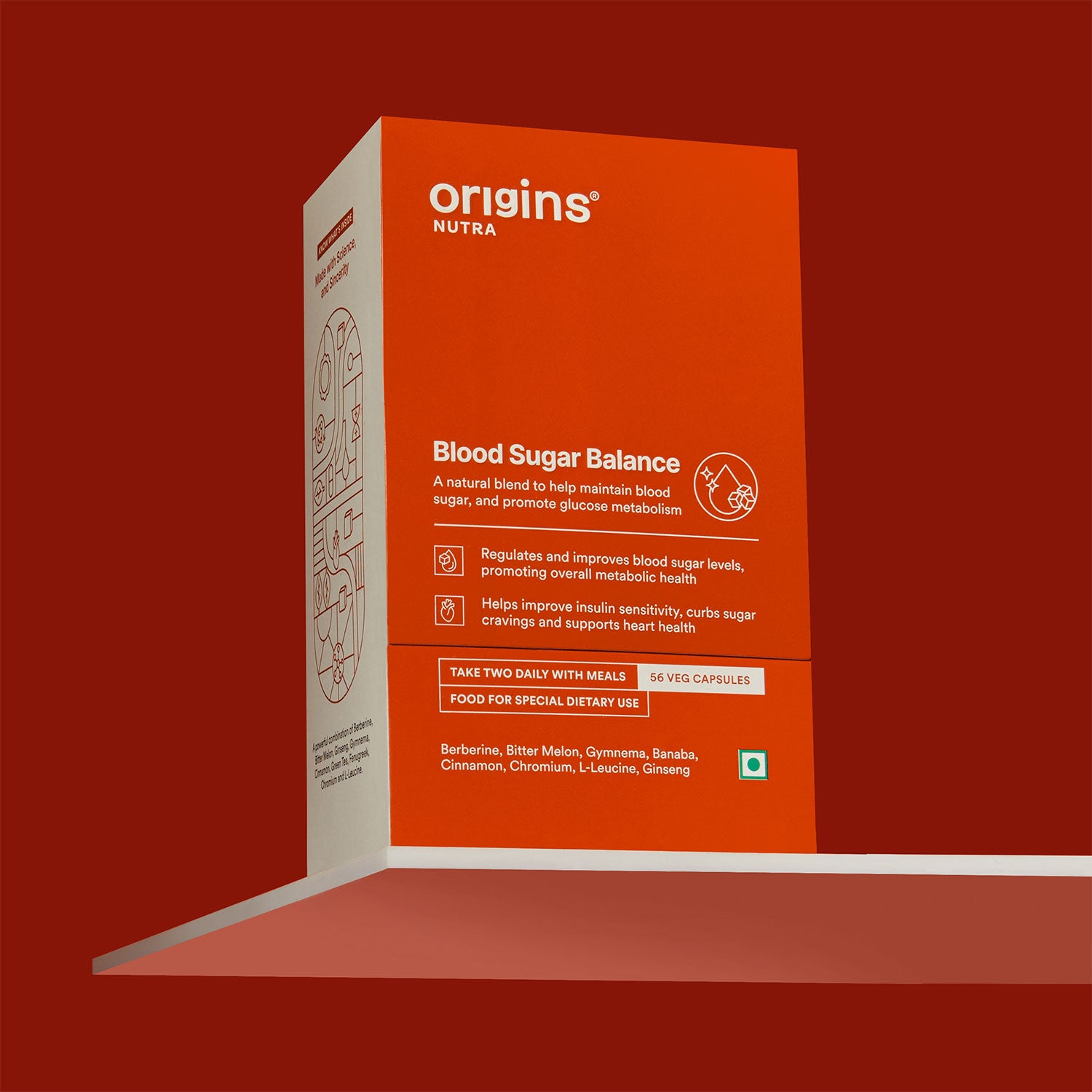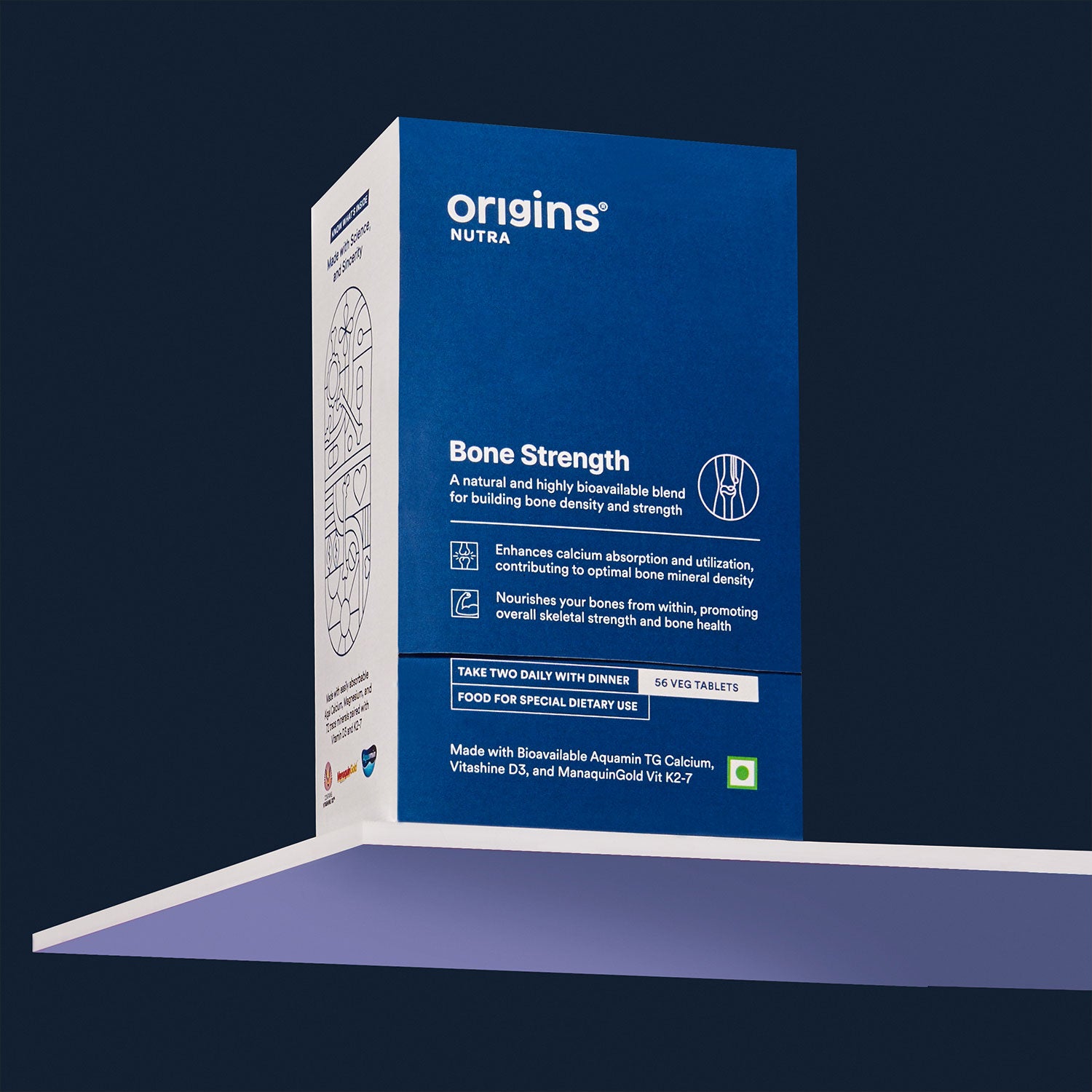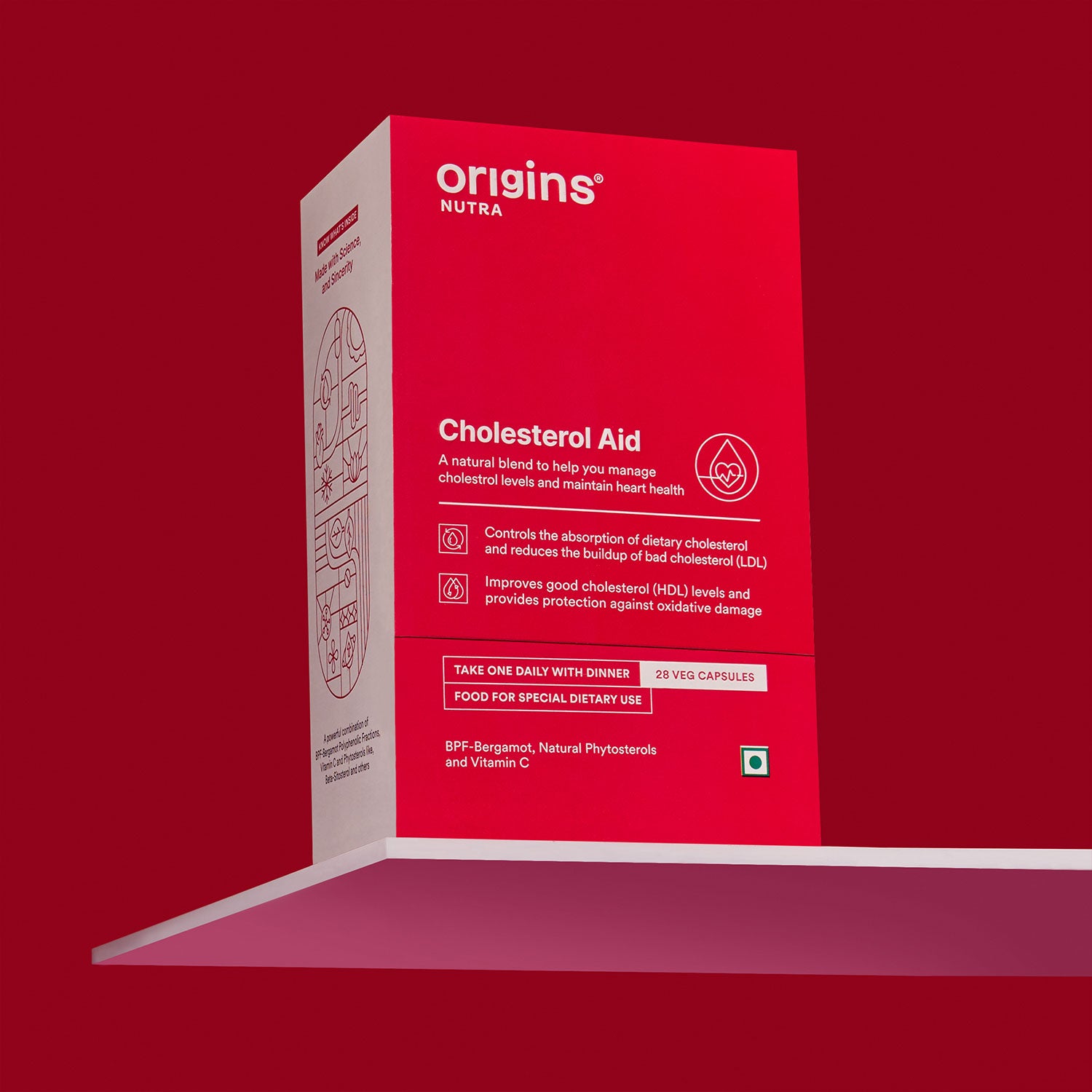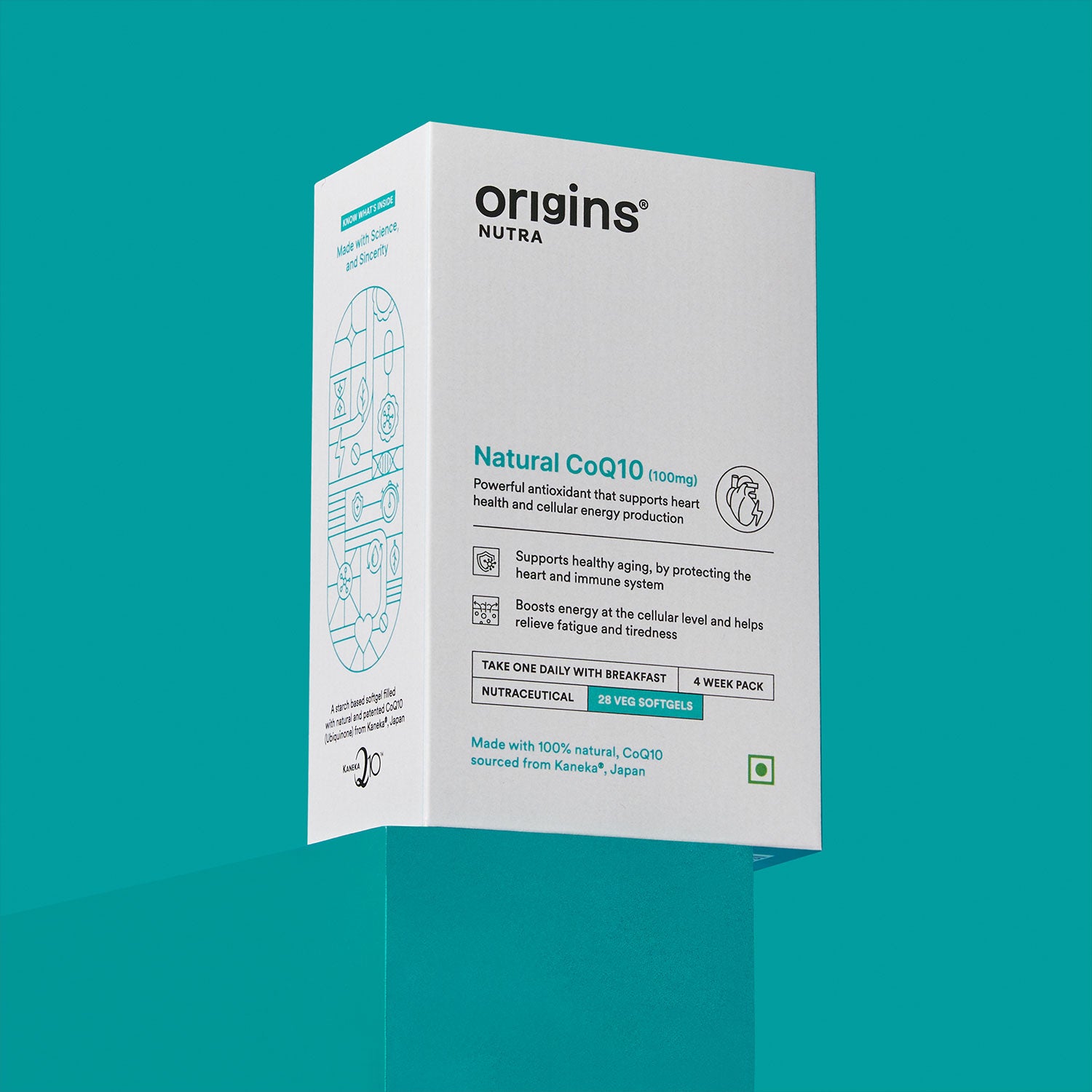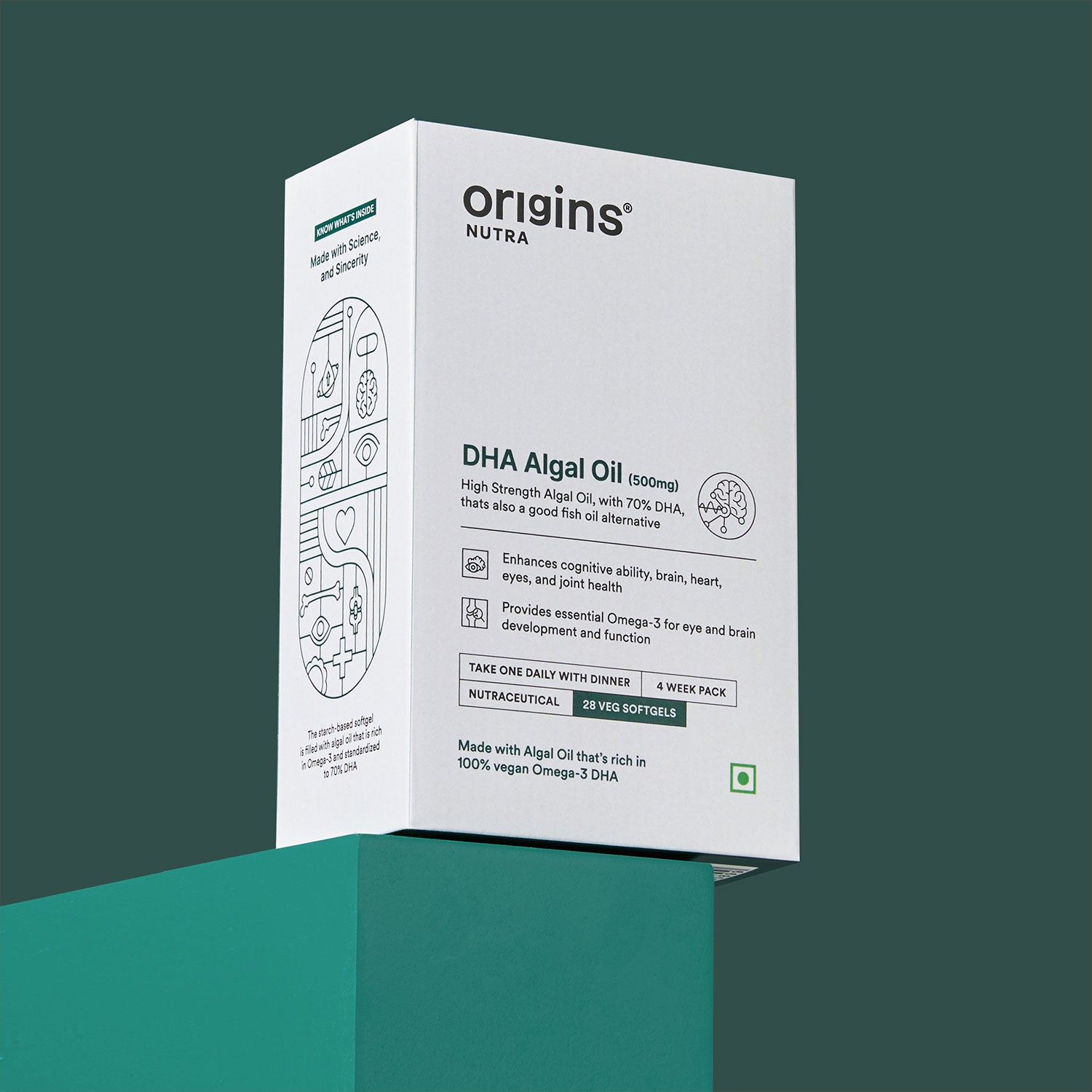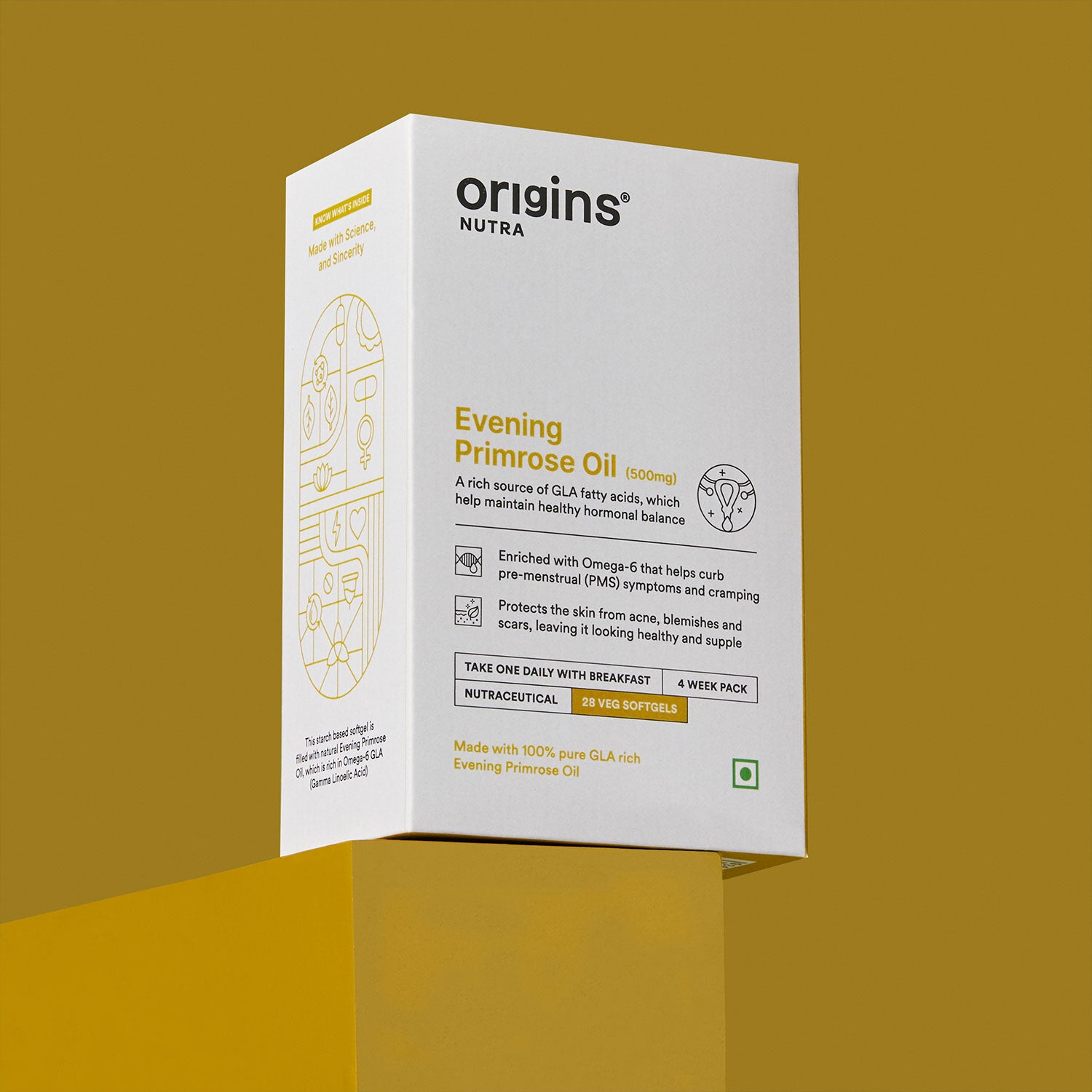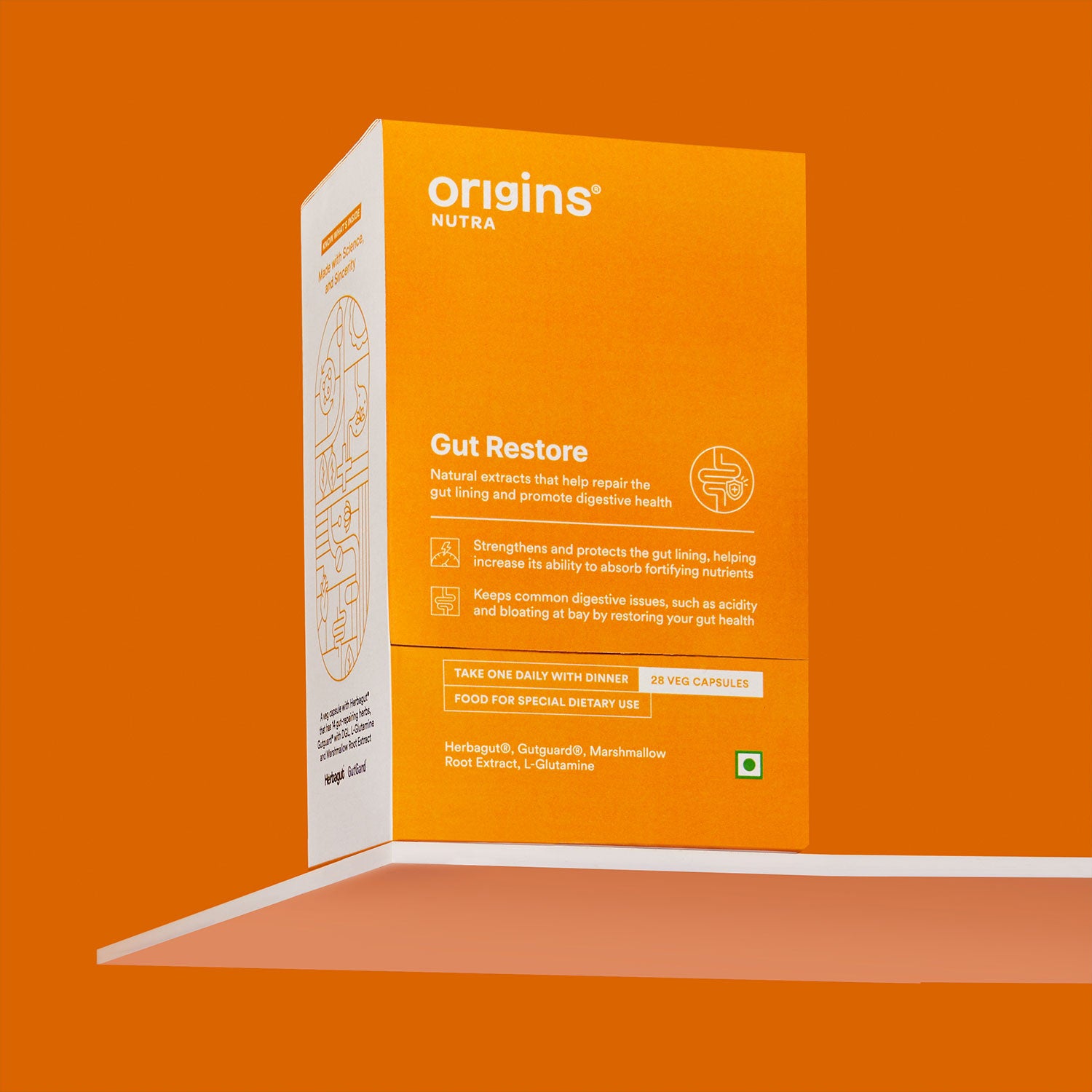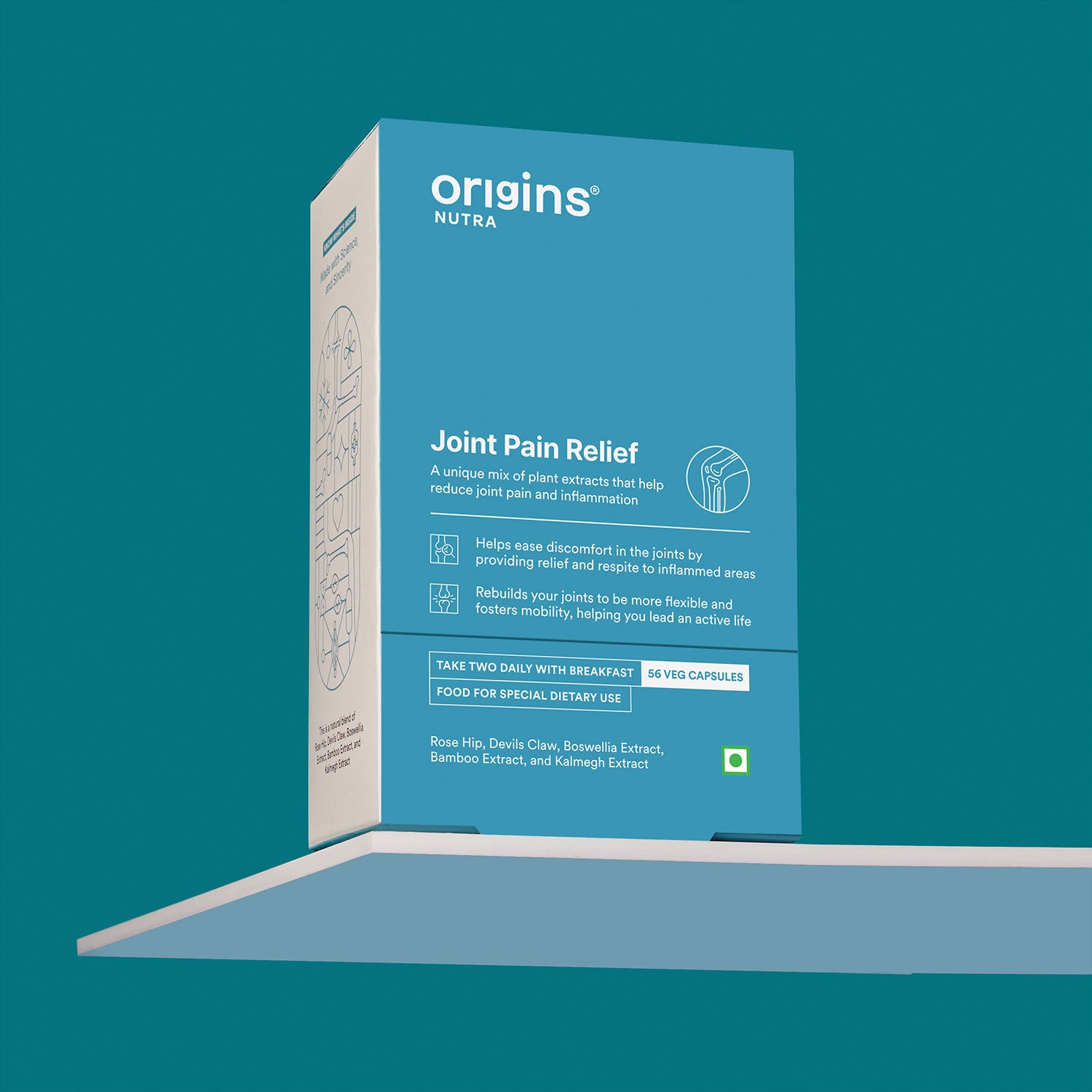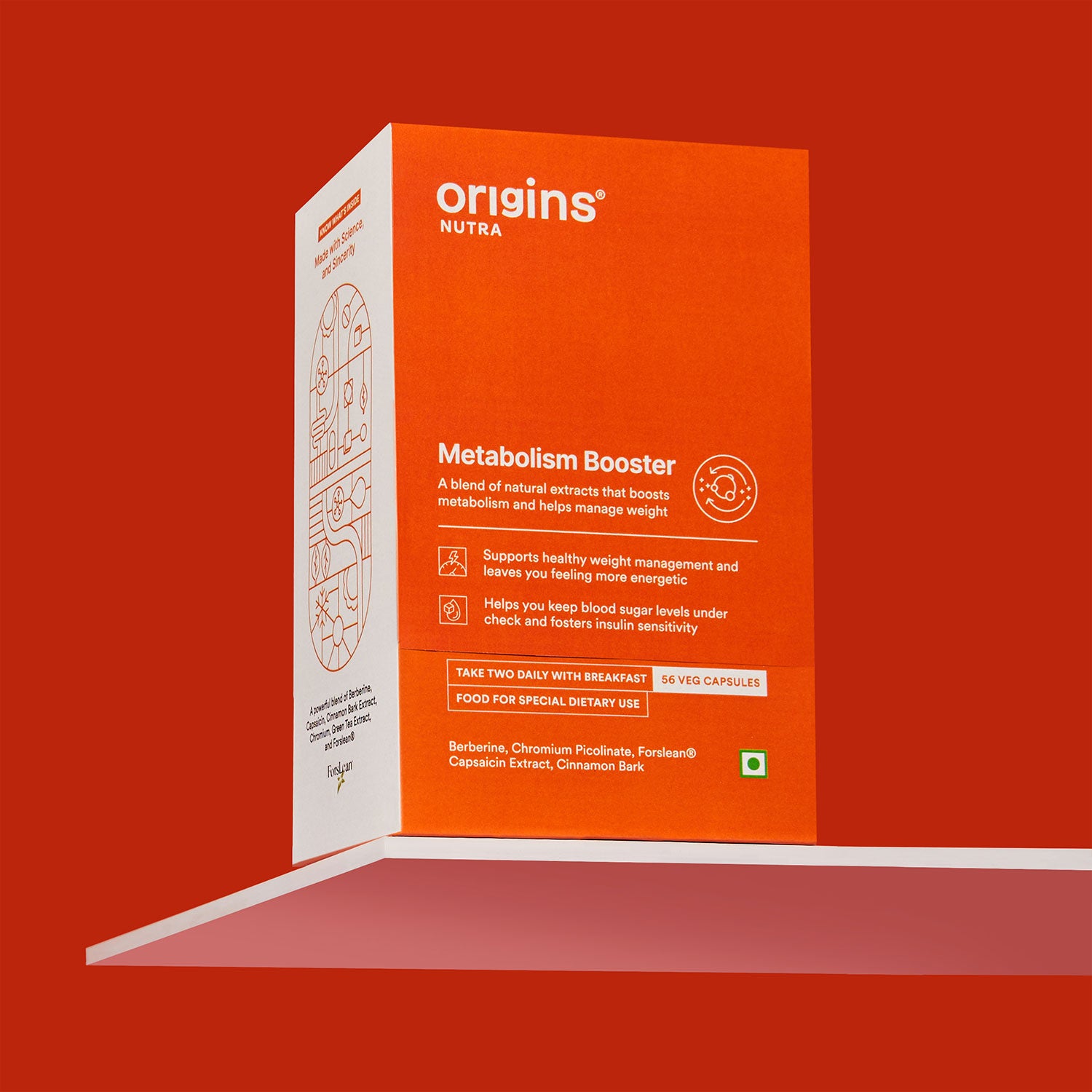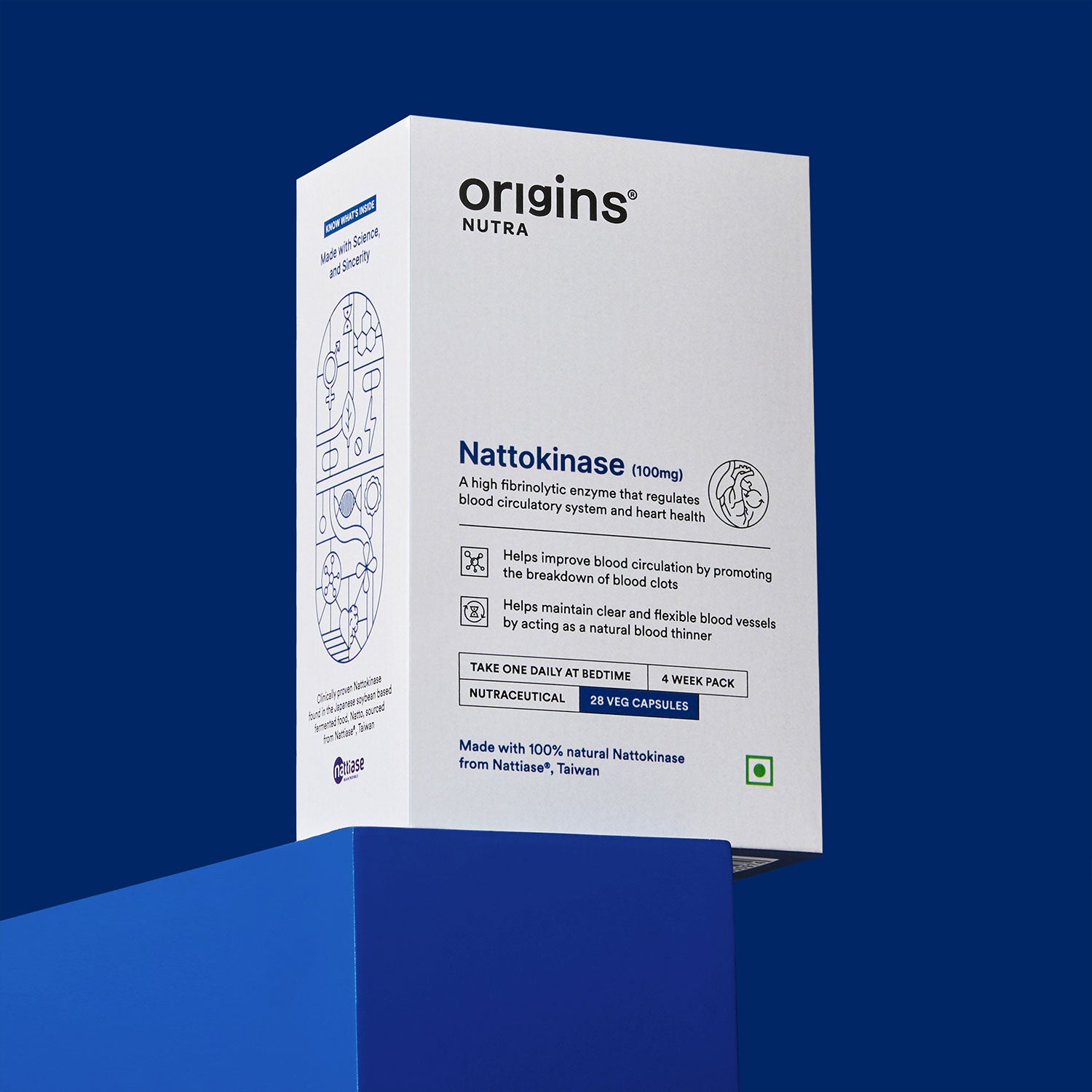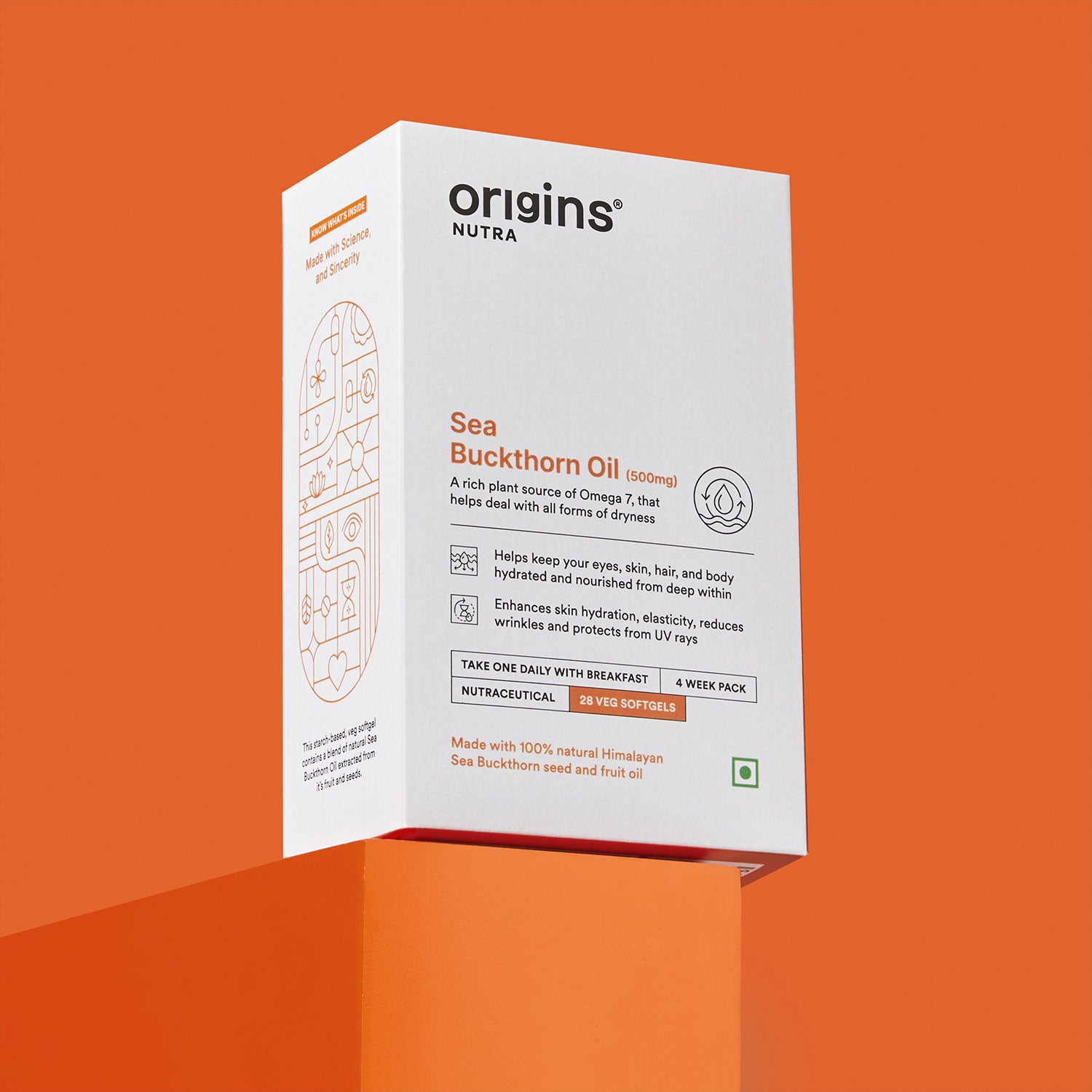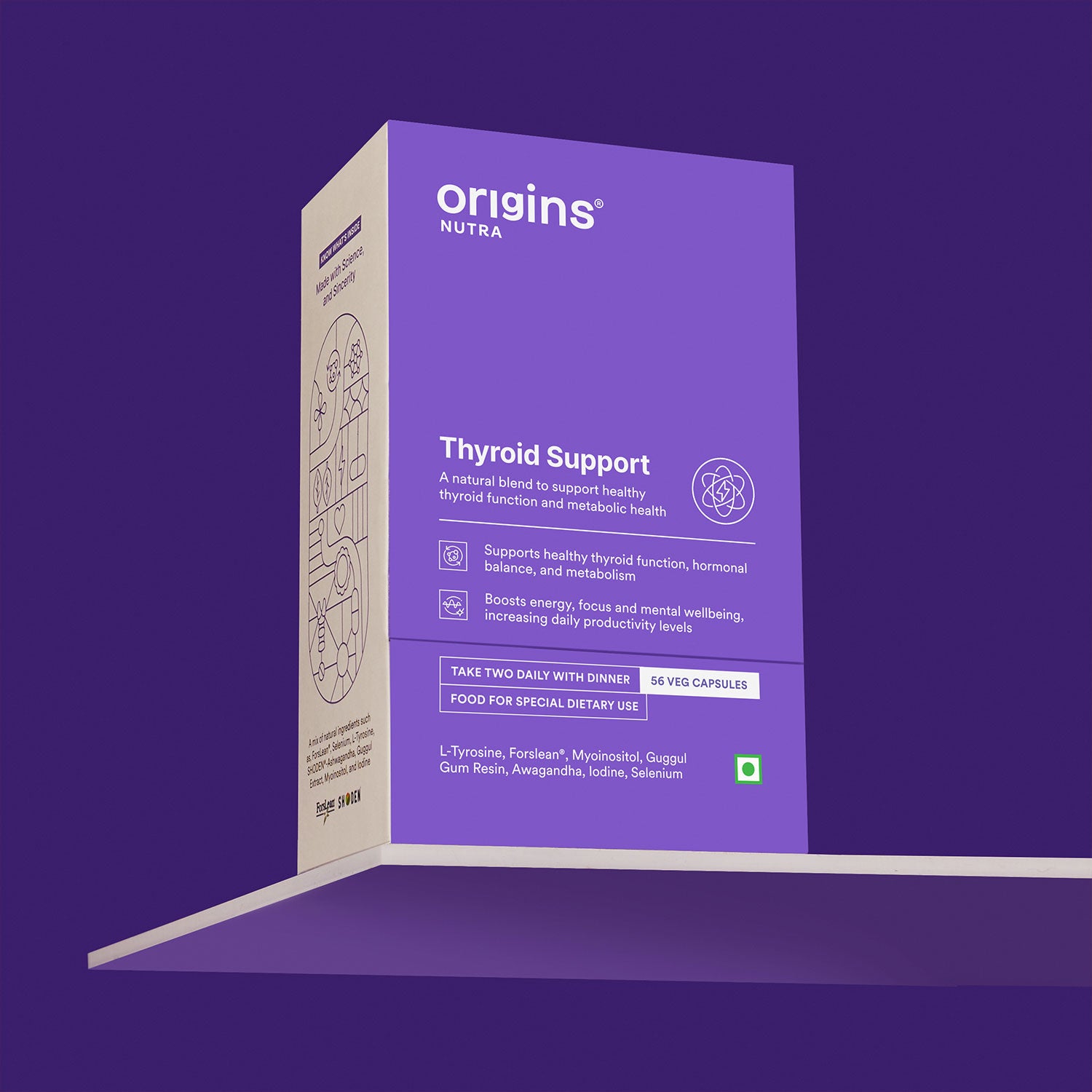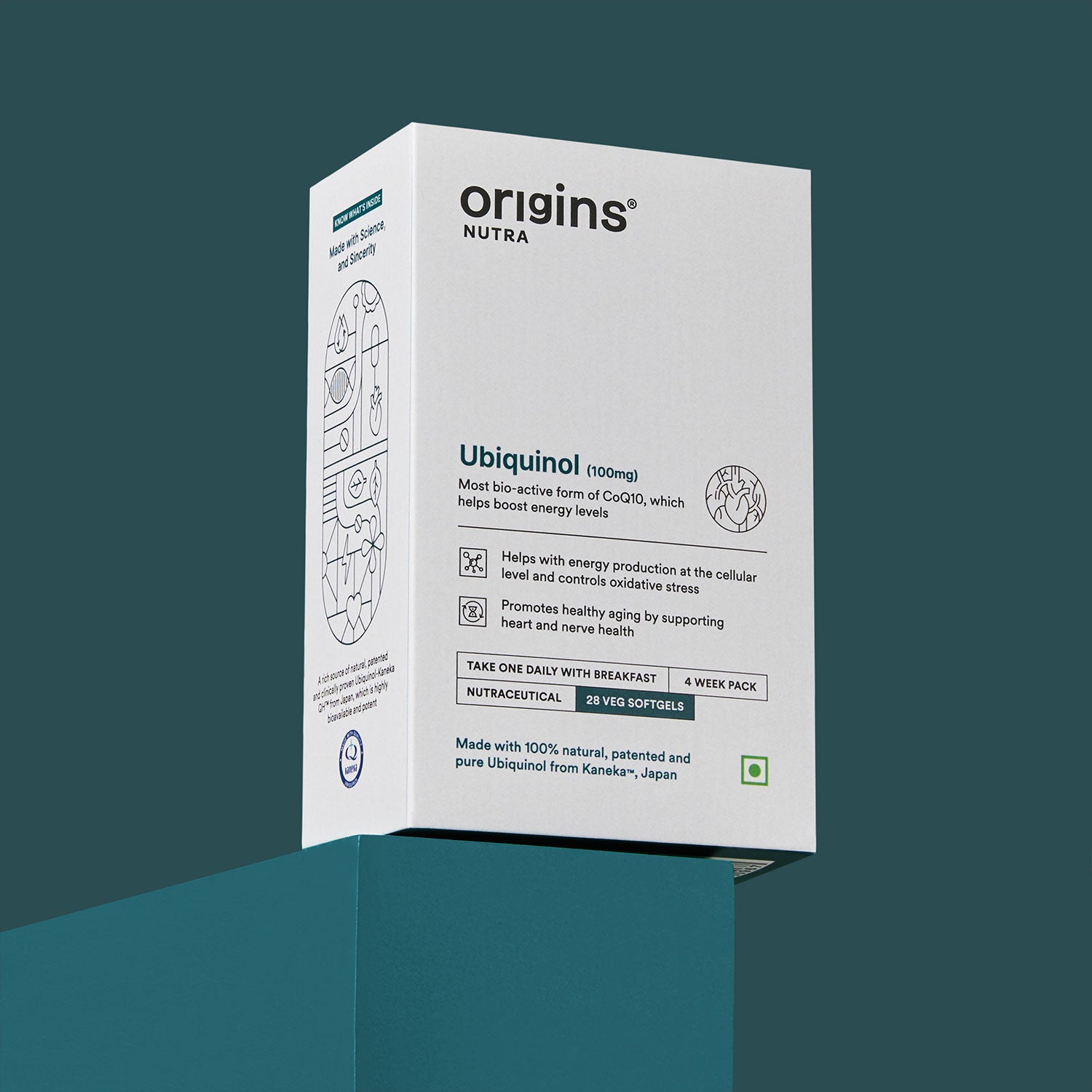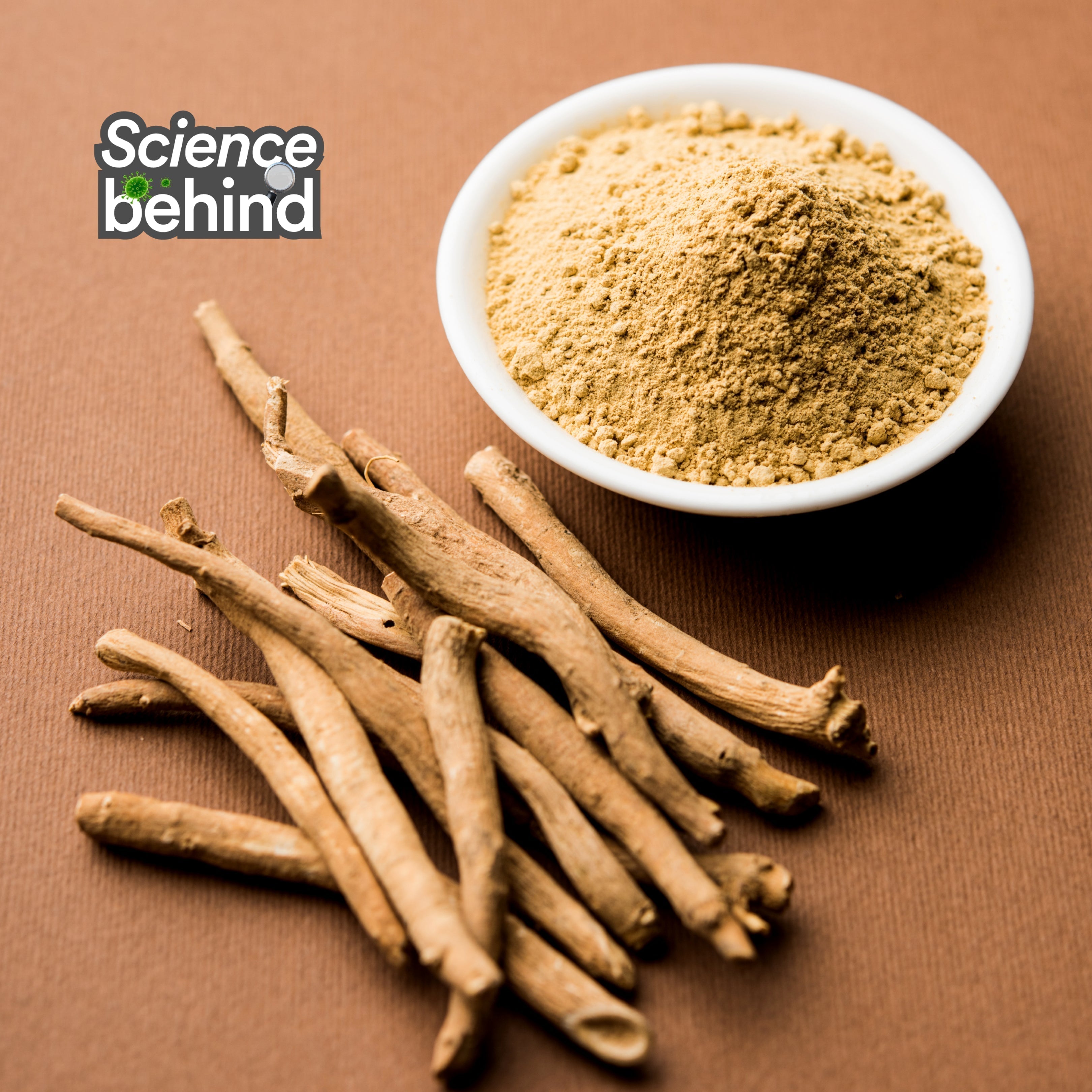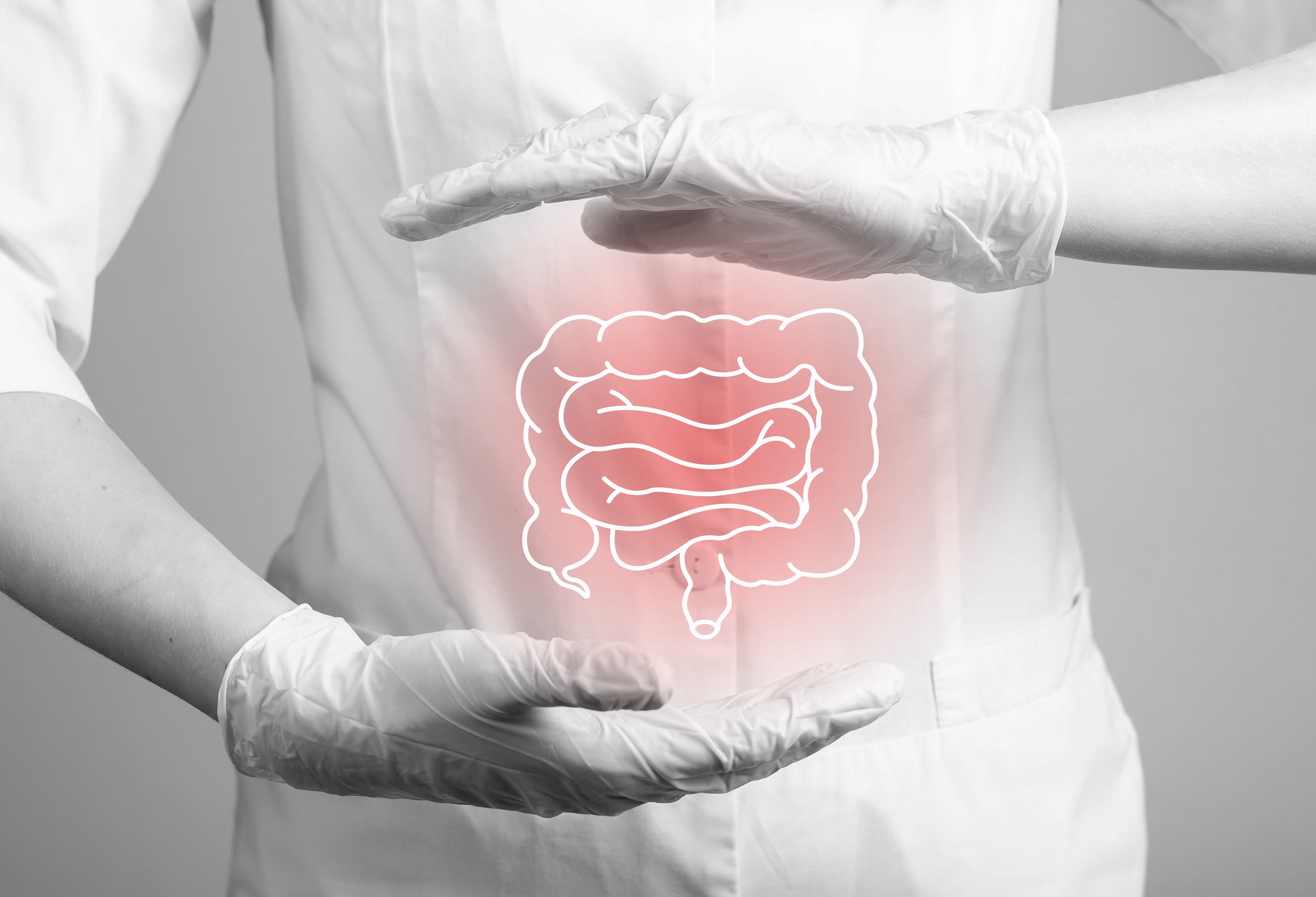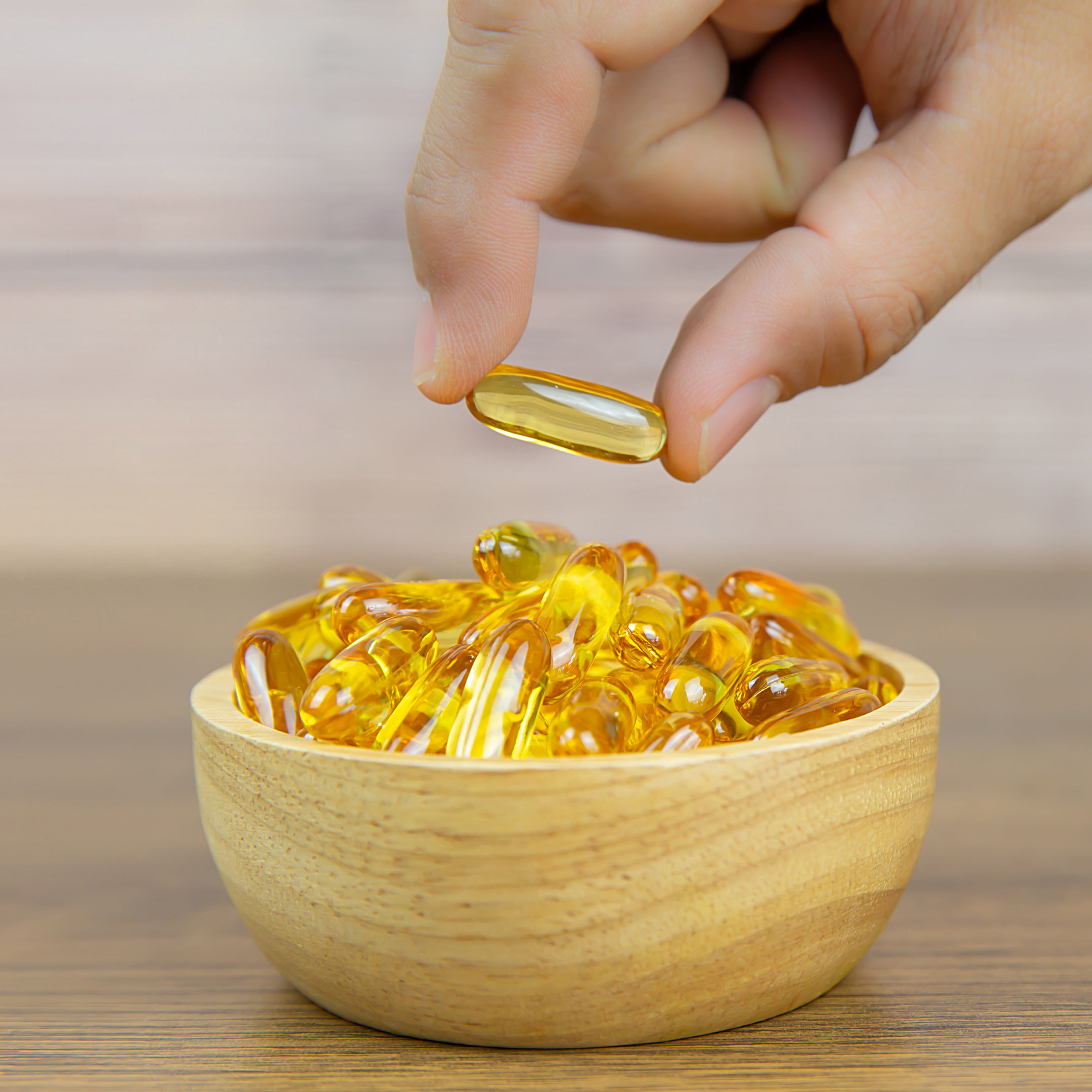What is difference between PCOD vs PCOS?
PCOD vs PCOS: What’s the Real Difference?
Ever wondered if PCOD and PCOS are the same thing? You’re not alone! With 9.13% of Indian adolescents affected by PCOS and PCOD impacting even more women, it’s no surprise that these conditions are often confused. But here’s the thing—while they both affect the ovaries, they’re actually quite different.
PCOS is a full-blown metabolic disorder that can lead to fertility struggles, weight gain, and even diabetes. PCOD? It’s more common and often tied to lifestyle habits.
So, how do you know which one you’re dealing with? More importantly, what can you do about it? Let’s break it down—no confusing medical jargon, just the facts you need to take control of your health.
What is PCOD?
PCOD (Polycystic Ovarian Disease) is a condition where the ovaries release immature or partially mature eggs, which turn into cysts over time. This leads to enlarged ovaries and an imbalance in hormone levels. Women with PCOD might experience:
-
Irregular periods but often retain the ability to conceive naturally.
-
Weight gain and mild hormonal imbalances.
-
Symptoms that can be managed with lifestyle changes like diet and exercise.
PCOD is relatively common and, while inconvenient, is usually less severe than PCOS. It’s often linked to unhealthy lifestyles and can often be controlled with healthier habits.
What is PCOS?
PCOS (Polycystic Ovary Syndrome), on the other hand, is a metabolic disorder and more severe than PCOD. It not only affects the ovaries but also causes significant hormonal imbalances. Key symptoms include:
-
Irregular or completely absent periods due to lack of ovulation.
-
Higher levels of androgens, lead to symptoms like excessive hair growth and acne.
-
Insulin resistance, which increases the risk of type 2 diabetes.
-
Greater difficulty in conceiving without medical intervention.
PCOS is considered a syndrome because it involves a range of symptoms and can significantly impact metabolic health and fertility.
How Are PCOD and PCOS Different?
While both conditions involve cysts in the ovaries, the main differences include:
-
Severity: PCOS is more severe and has broader health implications.
-
Hormonal Imbalance: PCOS involves more significant hormonal disruption.
-
Fertility Impact: Women with PCOD can often conceive with minor assistance, while PCOS can cause more substantial challenges.
-
Metabolic Risk: PCOS is linked to higher risks of diabetes and heart disease due to insulin resistance.
What causes PCOD vs PCOS?
-
PCOD: Often tied to lifestyle factors like poor diet, lack of exercise, and stress.
-
PCOS: A mix of genetic and environmental factors, with a stronger link to insulin resistance and inflammation.
Both conditions benefit from a healthier lifestyle, but PCOS may also require medical treatments like hormonal therapy and insulin-sensitizing drugs.

Managing PCOD and PCOS: Tips for a Healthier Life
Whether dealing with PCOD or PCOS, here’s what can help:
-
Balanced Diet: Focus on whole grains, lean proteins, and low-glycemic foods to manage insulin levels.
-
Targeted Supplements: Ingredients like berberine can help support healthy insulin resistance and glucose metabolism.
-
Regular Exercise: Helps with weight management and insulin sensitivity.
-
Stress Management: Practices like yoga and meditation can balance hormones.
-
Medical Support: Consult a healthcare provider for personalized treatment if symptoms are severe.
So, PCOD vs PCOS: Which is Worse?
It’s not about which is worse but understanding the differences and managing them effectively. With the right lifestyle choices and medical support, both conditions can be managed to help women lead healthier lives.
At the end of the day, knowledge is power. Understanding the differences between PCOD and PCOS is the first step toward making informed decisions about your health.
FAQ'S
1) Is PCOD more serious than PCOS?
No, PCOS is generally more serious than PCOD. PCOS is a metabolic disorder linked to hormonal imbalances, insulin resistance, and long-term health risks, while PCOD is often managed with lifestyle changes.
2) Can a PCOD girl get pregnant?
Yes, women with PCOD can conceive naturally with minor assistance. PCOS, however, may require medical intervention due to irregular ovulation.
3) What to eat in PCOD?
Focus on a PCOD diet rich in fiber, lean proteins, and healthy fats. Include whole grains, vegetables, nuts, seeds, and low-GI foods to balance hormones and improve insulin sensitivity.
4) Does PCOS cause hair loss?
Yes, PCOS hair loss happens due to high androgen levels, leading to thinning hair or male-pattern baldness. Managing insulin resistance and hormonal balance can help reduce hair loss.
